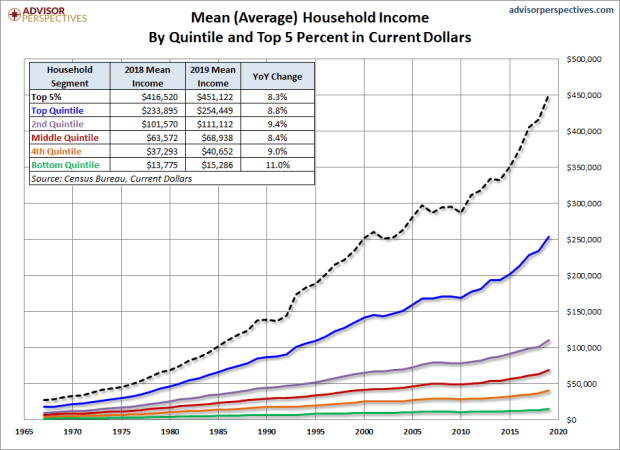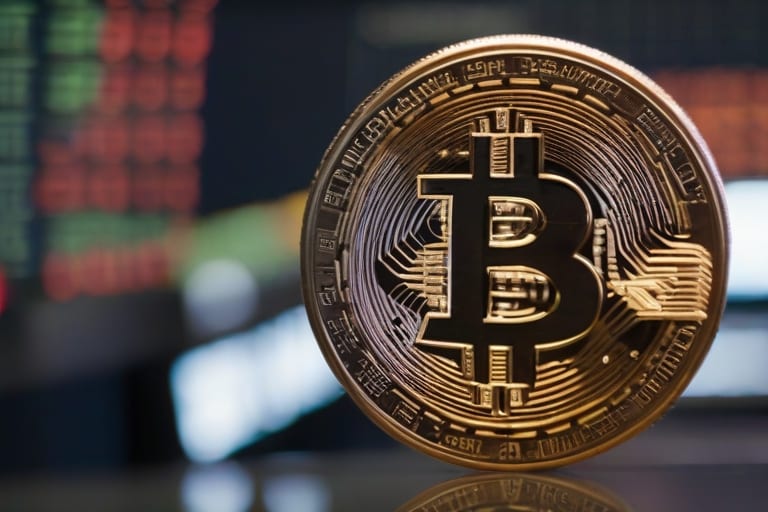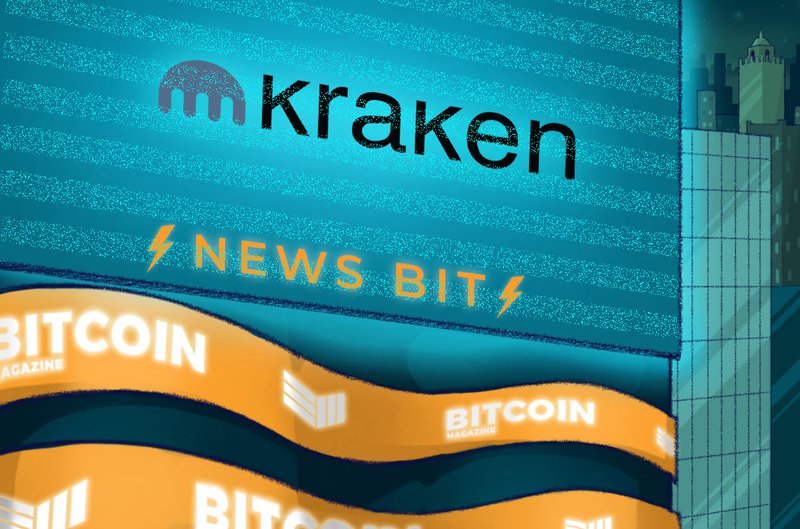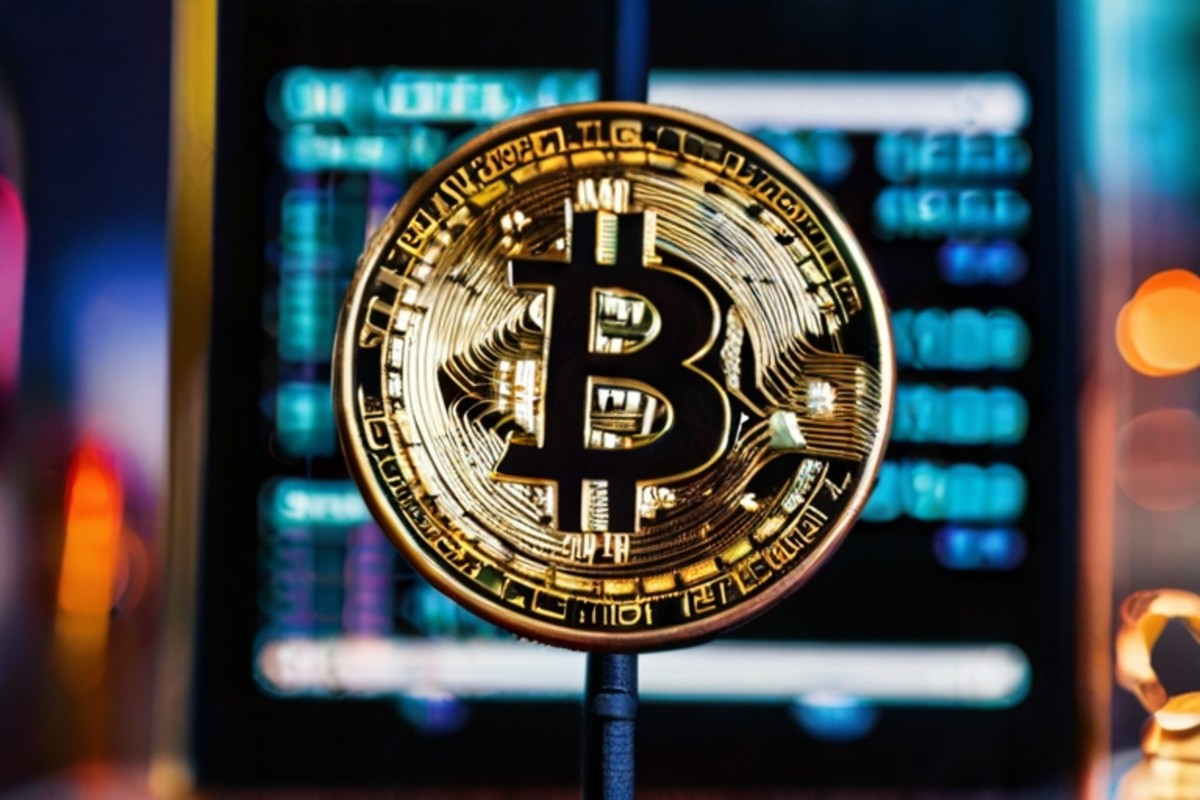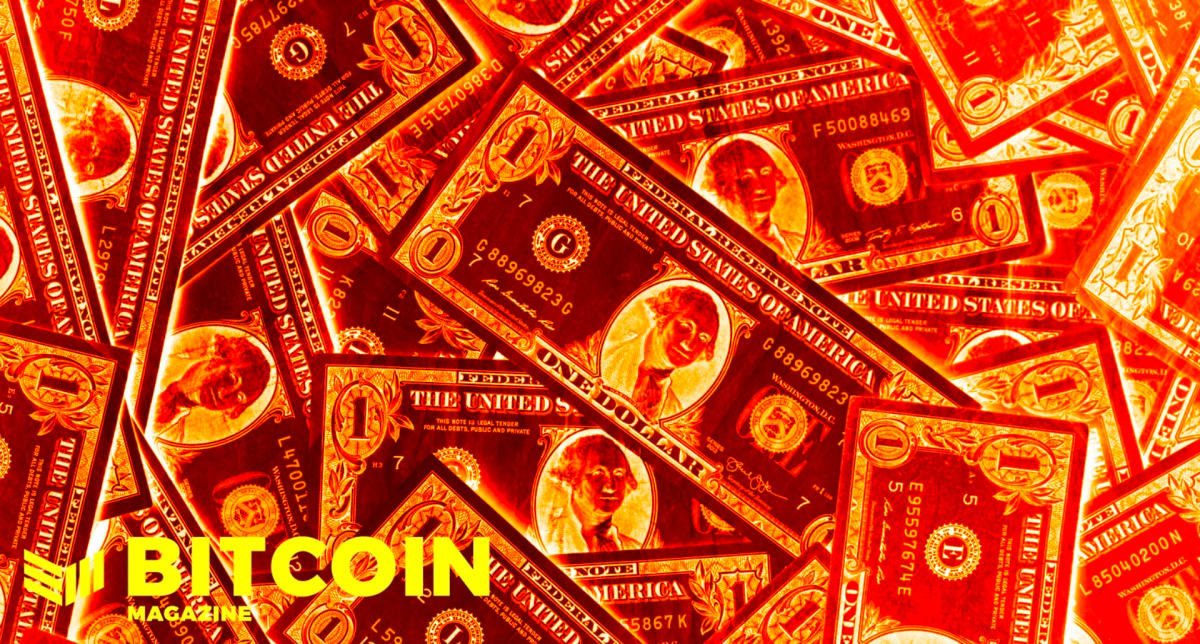Brazilian Congressman Sees Bitcoin As Transformative For The Country
Brazilian congressman, Fábio Ostermann, sees bitcoin as a means to make tools of the state obsolete and allow for technology to set people free.
In an episode of the “Bitconheiros” podcast with guest Fábio Ostermann, the Brazilian congressman commented — among several subjects — on Bitcoin and the adoption of decentralized technologies. This story was shared by local media outlet Boletim Bitcoin.
The Brazilian member of Parliament said that technologies that promote decentralization have the potential to free Brazil, as they can make many institutions obsolete, such as the Central Bank and other institutions linked to monetary policy. He shared,
“I personally believe very much in the future of freedom in Brazil and consequently in the future of prosperity in Brazil. I think that our children will live in a level of freedom that we have never imagined.
“Most probably because of what our generation is building. […] I am very confident in the future of freedom and of Brazil, consequently, because I see that in the worst case scenario, technology will set us free.”
Brazil is currently ranked 133 out of 177 countries in the Heritage Foundation’s index of economic freedom. The Latin American country hasn’t had a significant indication of freedom in any observable aspect.
Bitcoin — as rightly highlighted by the MP and a number of individuals throughout the episode — has the potential to open a great space for the growth of freedom in the world. It removes the monopoly on currency issuance and on the financial system from centralized agents.
Adoption Of Bitcoin In Brazil
In recent decades, Brazil has experienced a series of episodes that undermined the population’s trust in state institutions. From 1940-1994, the country experienced severe inflation, and occasional moments of hyperinflation. Many point out that this may be a major reason for bitcoin’s popularity in the country, since the population is used to not trusting money issued by the government.
Brazil currently has more people investing in bitcoin and other digital assets than in the U.S. stock market.
The lack of trust in one’s own government due to various historical incidents has become an inseparable part of the culture of Latin American countries. As most South American countries have experienced hyperinflation, dictatorships and confiscation of their savings, it is natural that there is a resistance to trusting centralized institutions.
Because it is a decentralized monetary network with no need to trust intermediaries, Bitcoin has become a strong liquid alternative to government-issued money, as well as a way to gain sovereignty through a hard currency running on a censorship-resistant monetary network.
“Technology Will Set Us Free”
During the conversation, the congressman — who is known for advocating agendas linked to economic freedom — continued:
“[Bitcoin] will transform several state tools, which today, or until recently were considered as indispensable as even the Central Bank itself. As authorities of monetary regulation, it will transform them into obsolete, sooner or later.”
As stated, Bitcoin has the real potential to undermine the power of Central Banks and monetary institutions around the world because it is a money protocol in the virtual cyberspace of the internet.
Through aligned incentives and an “army of miners” struggling to find new blocks and maintain the safety of the network, Bitcoin has stood firm for 13 years, providing a solid monetary network and a highly appreciable liquid asset.
The congressman also highlighted the emergence of a number of technologies that have the potential to reduce the role of the state through decentralization. “The trend is that we will follow the path of increasing decentralization … It is what some people vulgarly call uberization … But there is a phenomenon behind that which is the phenomenon of decentralization, the decentralization of choices.”
Most likely, Ostermann was referring to decentralized applications, which seek to run services from conventional applications and systems through complex smart contracts. The parliamentarian’s remarks closely resemble predictions made by economist Milton Friedman, who stated on several occasions that eventually the creation of internet-native money would be responsible for diminishing the role of governments around the world.
“The one thing that is missing, but will soon be developed, is a reliable e-cash (electronic money). A method whereby on the internet you can transfer funds from A to B, without A knowing B or B knowing A. The way in which I can take a $20 bill and hand it to you and there is no record of where it came from. And you may get that without knowing who I am. That kind of thing will develop on the internet …” —Milton Friedman, in a 1999 interview.
Bitcoin is a hope for Brazil, for Latin America, and for people around the world.
This is a guest post by João. Opinions expressed are entirely their own and do not necessarily reflect those of BTC Inc. or Bitcoin Magazine.

